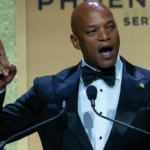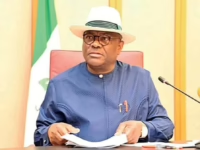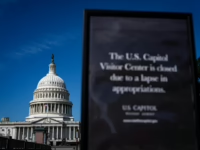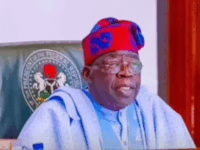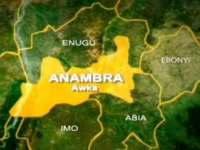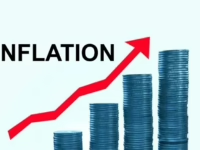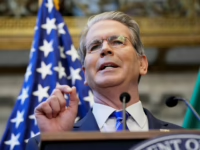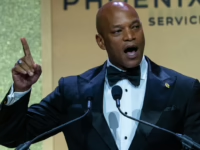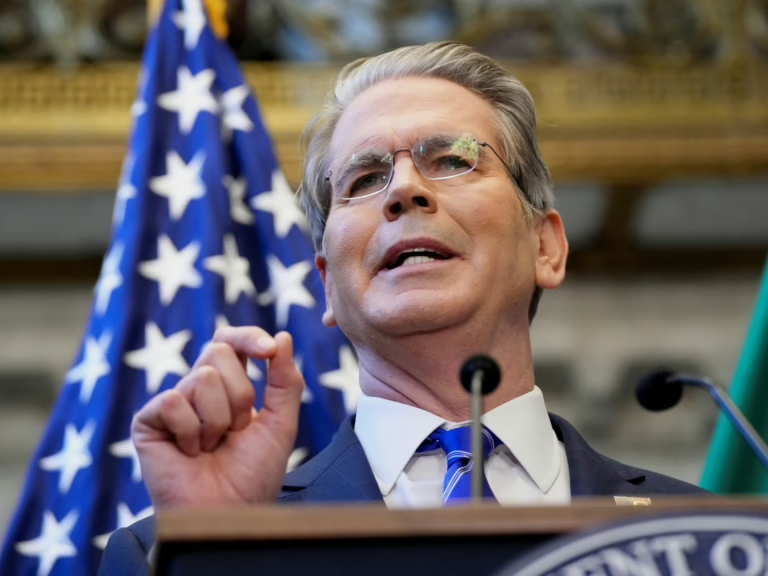This fresh financial injection supplements a $20 billion currency swap and arrives just ahead of Argentina’s crucial midterm elections.
Scott Bessent, the United States Treasury Secretary, revealed ongoing efforts to mobilize private investors for a new $20 billion funding mechanism aimed at stabilizing Argentina’s fragile economy.
“We are developing a $20 billion facility alongside our existing swap arrangement, involving private banks and sovereign wealth funds, primarily targeting the debt market,” Bessent explained to reporters in Washington, DC, on Wednesday.
He emphasized that weeks of negotiations have gone into crafting this private-sector initiative to help Argentina meet its imminent debt obligations, complementing the recent $20 billion currency swap designed to support the Argentine peso.
“Altogether, this would amount to $40 billion in assistance for Argentina,” Bessent noted, comments that sparked a positive response in Argentine stock markets.
This announcement represents the latest phase of US backing for Argentina’s right-wing populist president, Javier Milei, whose party confronts significant challenges in the upcoming midterm elections.
Since assuming office in 2023, Milei has implemented drastic budget reductions aimed at curbing inflation and revitalizing the economy, moves that have ignited strong opposition and widespread demonstrations.
Meanwhile, former US President Donald Trump, sharing a similar political stance, has maintained a close rapport with Milei. Earlier this year, a spokesperson for Milei disclosed that Trump referred to him as his “favorite president.”
On Tuesday, Trump welcomed Milei to the White House, publicly endorsing him ahead of the elections.
Trump also implied that continued US economic aid might depend on Milei’s electoral success.
“If he wins, we will be very supportive,” Trump stated. “If he loses, we won’t invest our efforts because the alternative philosophy won’t restore Argentina’s greatness.”
He reiterated this position multiple times during their meeting, warning, “If he loses, US generosity toward Argentina will diminish.”
However, Bessent’s remarks the following day appeared to soften this stance.
He clarified that US financial assistance would persist as long as Milei’s administration implements sound economic policies, regardless of election results.
This robust US support emerged during the International Monetary Fund (IMF) and World Bank annual meetings held in Washington, DC.
The IMF, which manages a substantial loan program with Argentina, has endorsed the US’s bilateral efforts to bolster the Argentine economy.
In a Wednesday interview, Milei expressed confidence in continued US backing provided he remains in office, reaffirming his commitment to a libertarian economic agenda.
“We are advancing freedom-oriented policies, so at least until 2027, that support is guaranteed,” he stated, as translated by an English interpreter.
The economist-turned-president hopes the midterm elections will strengthen his political base, enabling him to further pursue his reforms.
“I plan to maintain my course throughout my term,” Milei affirmed. “My focus remains on tax cuts, deregulation, and fostering economic growth.”
Bessent underscored that US support hinges on Milei’s ability to influence legislation in Argentina’s Congress through veto power.
“Our assistance is tied to policy, not election outcomes,” he explained. “As long as Argentina enacts prudent policies, US support will continue.”



